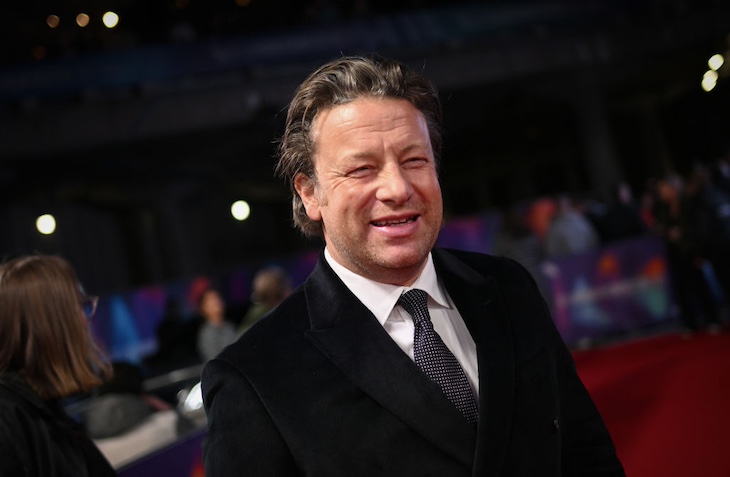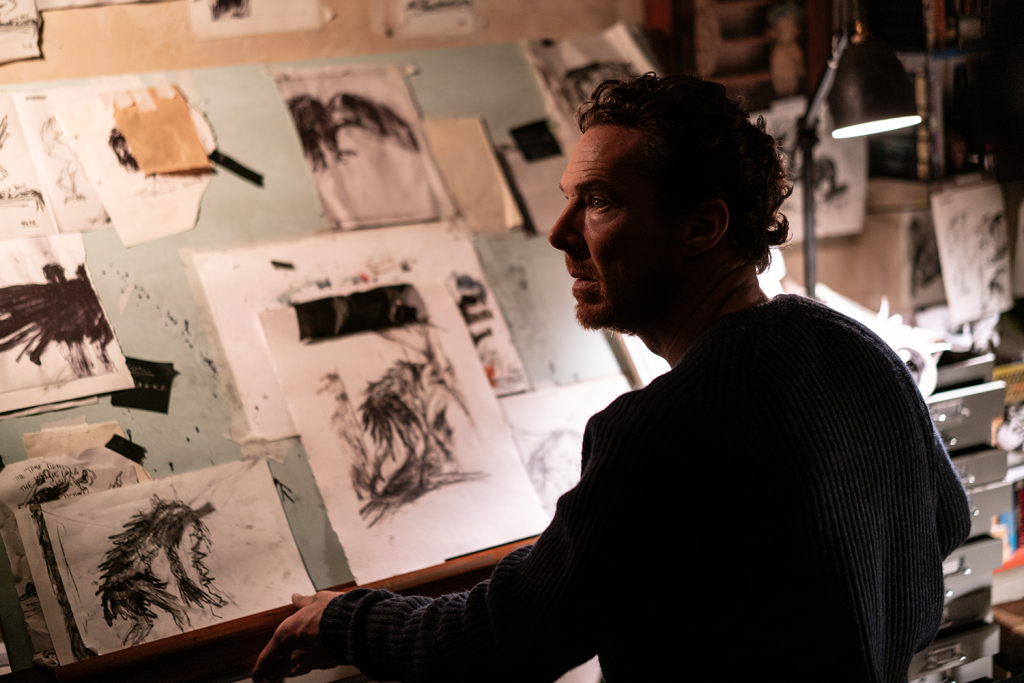The celebrity cook Jamie Oliver has a sideline as an author. Not all his books are about cooking and food: Oliver has written two children’s books as well, Billy and the Great Giant Adventure and its sequel, Billy and the Epic Escape.
Oliver’s books sell very well, thank you, and have presumably made a fortune for him and his publisher, Penguin Random House. But Billy and the Epic Escape will no longer be an earner for them. Thanks to a handful of Australian Aboriginal offence-takers, the book has suddenly been withdrawn from sale, not uncoincidentally while Oliver is in Australia on a promotional tour.
It’s a work of fantasy fiction, for heaven’s sake
One chapter of Oliver’s latest novel caused complaints. While the story is mostly set in Britain, it is an adventure that, according to one reader online review, ‘dishes up a tasty round of derring-do with several meaty topics on the side’. You could say it’s Oliver’s recipe for a ripping children’s yarn served with a dollop of Victorian moralism.
The offending chapter features a sub-plot where the book’s villain magically finds her way to Alice Springs – given the Aboriginal name of Mparntwe – and abducts an Aboriginal girl, Ruby who is in foster care. Ruby has the ability to read people’s minds and, Doctor Dolittle-like, can talk to animals because ‘that’s the indigenous way’. Ruby also uses Aboriginal words in her speech as written by Oliver, giving the character a flavour of authenticity. The girl is rescued and comes to no harm after being returned to her people by the book’s protagonists.
Somehow, the book caught the eye of the Oxford-educated Aboriginal Australian, Sharon Davis, the newly-appointed head of the taxpayer-supported National Aboriginal and Torres Strait Islander Education Corporation. The organisation is stridently activist, denouncing the colonialism and racism it sees at every turn. Its main mission is to ensure Australian school curricula tell the story of Australia, and Aboriginal Australians, as they wish it to be told.
Perhaps Davis needed a profile-raising issue as a new CEO, and in Oliver’s book she found one. In a statement to the Guardian – which was only too happy to splash it and turn it into global news – Davis denounced Oliver and Penguin for their cultural insensitivity. She deemed the sub-plot ‘damaging and disrespectful’, contributing ‘to the erasure, trivialising and stereotyping of First Nations people and their experiences’.
Davis also took particular issue with the character using words from Aboriginal tribes in New South Wales, well away from the dialects of communities around Alice Springs, accusing Oliver and his publisher of ignorance and failing to consult with Aboriginal people about the content of the book. And of course, she and other Aboriginal figures demanded that the book be withdrawn from publication. The Guardian quoted another Aboriginal educationist, Dr Anita Heiss, as saying ‘There is no space in Australian publishing (or elsewhere) for our story to be told through a colonial lens, by people who have little or no connection to the people and place they were writing about.’
Unsurprisingly, Oliver and Penguin – the publisher which has bowdlerised books by Roald Dahl and P.G. Wodehouse because of their ‘unacceptable prose’ – surrendered immediately to the handful of angry voices and withdrew the book from sale.
‘I am devastated to hear that I have caused offence and wholly apologise for doing so’, Oliver told the Guardian.
‘It is clear that our publishing standards fell short on this occasion, and we must learn from that and take decisive action’, grovelled Penguin Random House. Perhaps their sensitivity readers had the day off when the book was being proofed?
But what harm was actually done? In short, none.
It’s a work of fantasy fiction, for heaven’s sake. The Aboriginal girl, Ruby, is portrayed sympathetically and positively, and is given a romantically special connection with nature and the land – something Aboriginal activists continually tell other Australians they have. Instead of praising Oliver for at least recognising this, Davis, Heiss and other humourless grievance-peddlers are denouncing him for doing it his way, and not theirs.
As for picking on the derivation of certain Aboriginal words as cultural colonialism, why couldn’t they at least praise Oliver for trying to get it right?
The only truly problematic issue raised by Davis and others is the Ruby character being in foster care as ‘painful’ for Aboriginal Australians. It is. But it is also a tragic documented fact that Aboriginal children are shockingly over-represented in child protection due to physical and sexual abuse, family violence, substance abuse or other familial causes. In 2023, the Australian Bureau of Statistics found that of the 61,000 children on care and protection orders in Australia, 25,000 were Aboriginal, despite Aboriginal people making up just 4 per cent of the Australian population. That’s a national shame.
Instead of accusing a naïve British author of getting it wrong, perhaps Aboriginal Mary Whitehouses like Sharon Davis should stop playing victim and look to their own communities and ask themselves why and what they, themselves, can do to help.
As for Oliver and his publisher, they cravenly failed to stand their ground and defend their work. Such capitulations only give the professional grievance industry even more incentive to grab easy headlines, and that helps nobody.







Comments